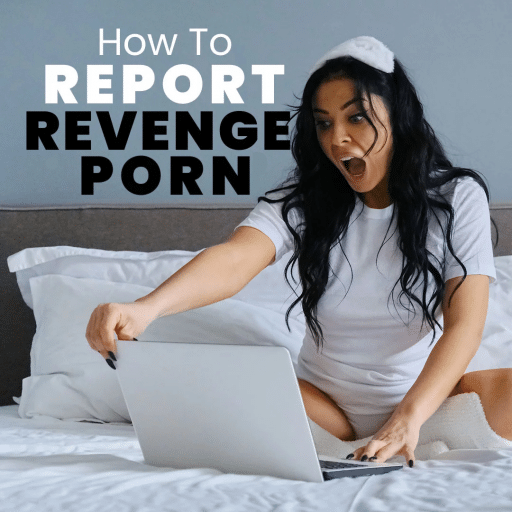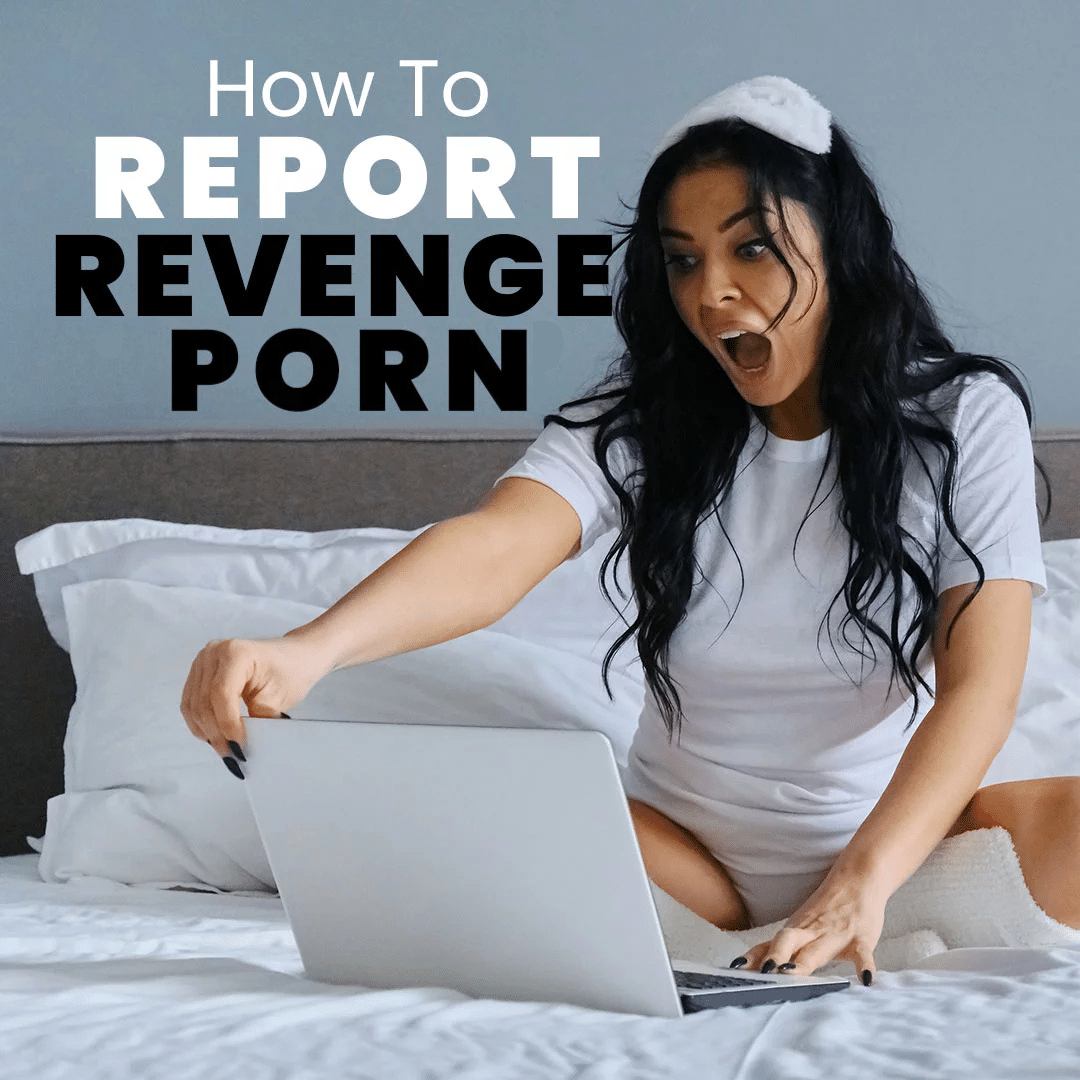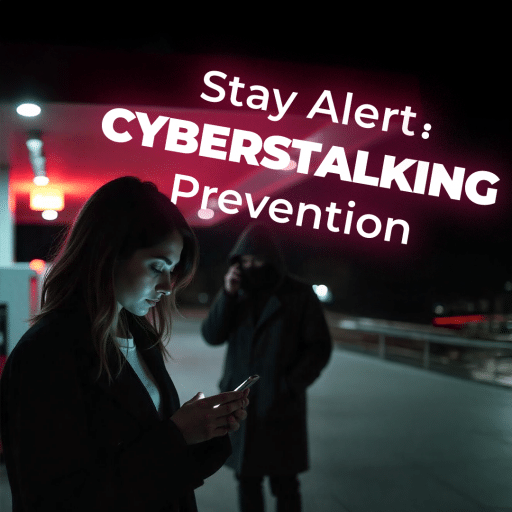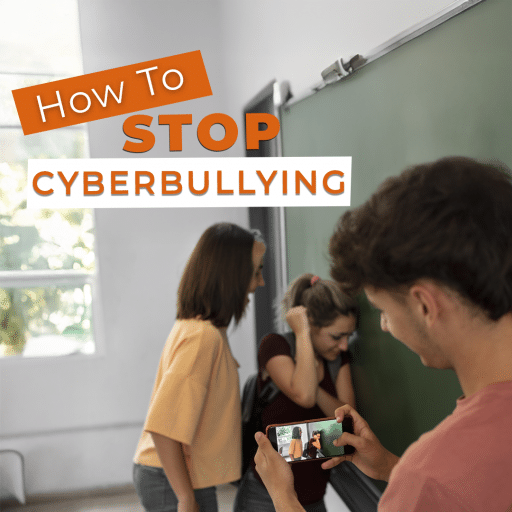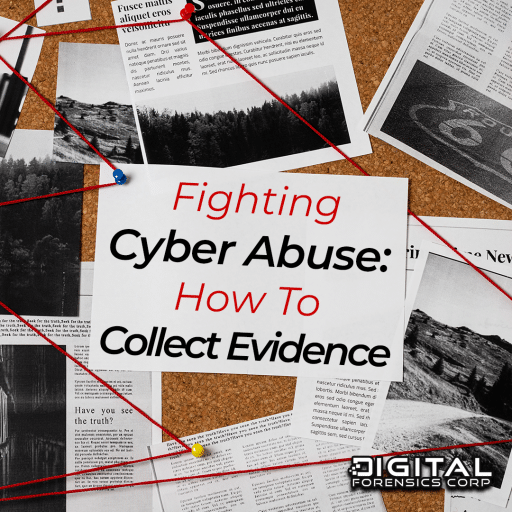Being the victim of revenge porn is an incredibly painful experience. It often starts with a deep sense of betrayal—the very person you trusted to keep your intimate moments private has used them to humiliate or control you. In many cases, victims of revenge porn feel not only violated, but also overwhelmed by feelings of shame, anxiety, and fear. The immediate shock can feel like a personal attack, leaving you unsure of how to regain control. However, it’s important to know that there are steps you can take to stop this criminal abuse and protect your rights.
What Is Revenge Porn?
Revenge porn refers to the non-consensual sharing of explicit images or videos by a current or former romantic partner. This criminal act is typically done with the intent to harm, humiliate or punish the intended victim. This form of intimate image abuse is considered a criminal act punishing offenders’ with imprisonment or fines. Whether the content was initially produced with the victim’s consent does not matter as non-consensual distribution is what is cited as the crime not the production.
It is important to distinguish revenge porn from other forms of exploitation, such as sexploitation and sextortion. Sexploitation involves the use if intimate images to exert control over the victim often to obtain sexual favors or more explicit content. Sextortion, on the other hand, is a form of extortion where a blackmailer uses the intimate content to extort the victim for financial gain, most often money. While both sextortion and sexploitation involve threats or manipulation to gain something from the victim, revenge porn is primarily driven by a desire for retribution, humiliation, or to “punish” the victim, often in the wake of a breakup or personal conflict.
Understanding these differences is important as they effect your ability to pursue legal actions and the probability that your former partner might release the content.
For additional resources on how revenge porn is prosecuted in each of the 50 united states, this is available in our resource: Is Blackmail Illegal Everywhere? Understanding the Laws on Blackmail and Its Various Forms. In this article we provide detailed information on the federal and state laws that punish revenge porn and other types of online blackmail.
What Steps Can I Take If Threatened with Revenge Porn?
If you are threatened with the release of intimate content, especially by a former partner, you’ll need to take immediate action. The sooner you act, the better your chances of preventing the release of the content and avoiding any lasting damage to your reputation.
If your current or former partner has not released the content, your immediate priority should be to enlist the help of local law enforcement and private legal counsel. If you can prove that the person threatening to release your images is a former partner, you’ll have better legal options for preventing the release and holding them accountable for their crimes.
If you live in the same state as the person who is threating you with revenge porn, legal tools such as a cease-and-desist letter can be effective. A cease-and-desist letter can formally demand that the individual cease all attempts to release the content and warn them of potential legal consequences.
Steps You Can Take to Protect Your Reputation from Revenge Porn
It’s important to take the right steps to protect your reputation and support any future legal actions you might take when a former or current relationship involves the use of revenge porn. These steps include.
- Document Your Evidence: Keep records of all communications, messages, and threats made by the person threatening to release your intimate content. This could include texts, email, or messages of social apps. You need proof of their intentions to exploit or harm you. While gathering your information please remember that you will not have to include the images or videos being used. No legitimate officer, law firm, or cyber investigator will ask to see the explicit content itself. They will only ask for the messages.
- Contact Local Authorities: File a police report with the evidence you’ve collected. The police will be able to investigate the matter and potentially pursue criminal charges.
- Set Up Monitoring Alerts: While the threat of potential repercussions may make your former partner rethink the distribution of your intimate content, there is still a chance that they may follow through with their threats. Setting up monitoring for your name or other identifying details on social media platforms and search engines like Google Alerts is a simple way to notify yourself whenever your name appears in search results. Setting these alerts will allow you to quickly detect any leaks. This will equip you with the knowledge of when to respond.
What Steps Can I Take If My Revenge Porn Has Been Leaked?
If your intimate images or videos have been released, your next priority should be to remove the content from public view and reduce the exposure. Take immediate action is crucial for minimizing the damage to your reputation.
- Flag The Content to Search Engines: One of the first steps to take if your content has been leaked is to report the content to search engines like Google, Yahoo, and Bing. These companies allow you to request the removal of links to pages that contain personal and explicit content. Although this will not remove the content form the internet, it will harder for people to find.
- Work with Social Media and Content Platforms: IF the content has been shared on social media or adult sites, it’s essential to report the content directly to those platforms. Most social media platforms have specific protocols for reporting non-consensual or explicit content. Upon receiving a legitimate complaint, larger social sites generally take the appropriate action and remove the content along with taking actions against the account that posted it.
It is important to also know that if you are a victim under the age of eighteen or if the content was made when you were underage, there are additional steps you can take if your explicit content was distributed without consent. The National Center For Missing & Exploited Children provides a free tool to support for minors who have been victims of sexual exploitation called Take It Down (1).
What If My Partner Posts the Revenge Porn Anonymously?
If your partner has posted your intimate images anonymously, the situation becomes more complicated. Law enforcement and legal action may be more difficult or delayed if the perpetrator cannot be directly identified. However, this is where specialized help can make all the difference.
If the identity of the person responsible for posting your intimate content is unclear, it may be time to enlist the help of a professional cyber investigation company like Digital Forensics Corp. (DFC) and get online blackmail help. Our team of experts can work to uncover the identity of the person behind the anonymous post and help you take legal action. We have the tools and experience to track down the perpetrator and work on your behalf to stop further distribution. Additionally, our team can provide monitoring services to stop the spread of your content across the web.
Remember, you are a victim of a cybercrime. Support is available, and there are resources designed to help victims of revenge porn rebuild their lives and protect their privacy. If you would like to discuss the details of your case with a trained cyber security professional click here.
Sources:
- National Center For Missing & Exploited Children – Take It Down Announcement: https://www.missingkids.org/blog/2023/ncmec-launches-new-service-that-can-help-you-take-it-down
DISCLAIMER: THIS POST IS FOR INFORMATIONAL PURPOSES ONLY AND IS NOT TO BE CONSIDERED LEGAL ADVICE ON ANY SUBJECT MATTER. DIGITAL FORENSICS CORP. IS NOT A LAWFIRM AND DOES NOT PROVIDE LEGAL ADVICE OR SERVICES. By viewing posts, the reader understands there is no attorney-client relationship, the post should not be used as a substitute for legal advice from a licensed professional attorney, and readers are urged to consult their own legal counsel on any specific legal questions concerning a specific situation.

